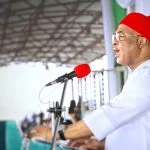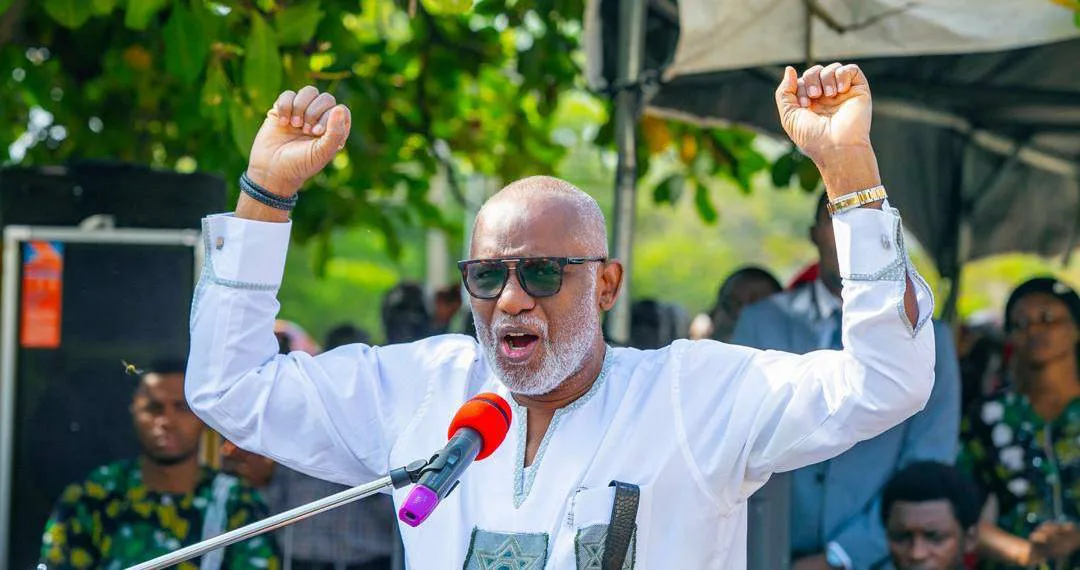The Nigeria Labour Congress (NLC) and the Trade Union Congress (TUC) walked out of minimum wage negotiations on Wednesday after the Federal Government proposed a new minimum wage of N48,000, far below the N615,000 demanded by the unions.
The labor leaders, frustrated by the government’s offer, called an emergency press conference where they expressed their dissatisfaction, labeling the offer as “an insult to the sensibilities of Nigerian workers.” This breakdown marked the second deadlocked negotiation in two weeks, following a previous impasse on April 29 when labor insisted on a N615,000 minimum wage.
The Federal Government rejected this demand as unreasonable. NLC President Joe Ajaero explained that the N615,000 figure was calculated based on the current economic conditions and the needs of an average Nigerian family of six. He broke down the costs, including housing, electricity, utilities, food, medical care, clothing, education, sanitation, and transportation, asserting that N615,000 was a realistic living wage.
During the press conference, Ajaero highlighted the disparity between the Federal Government’s offer of N48,000 and the organized private sector’s initial offer of N54,000, pointing out that even the lowest-paid workers in the private sector receive N78,000. He accused the government of not providing data to support its offer, undermining the credibility of the negotiations.
Ajaero stated that accepting a N48,000 wage would mean a pay cut for federal workers already earning N30,000, plus additional allowances bringing their total to N77,000. He stressed that such a reduction was unacceptable and detrimental to the economic well-being of workers and their families.
In his conclusion, Ajaero emphasized the unions’ commitment to fighting for fair wages, urging the government to return to negotiations with a more reasonable offer reflective of the true value of Nigerian workers’ contributions and the current economic realities. He called for collaboration to finalize the proposed N615,000 minimum wage in line with President Bola Tinubu’s pledge for a living wage.
The Presidency and relevant government officials were not available for comment. The 37-member Tripartite Committee on Minimum Wage, inaugurated by Vice President Kashim Shettima in January, includes representatives from federal and state governments, the private sector, and organized labor, tasked with recommending a new national minimum wage.
Despite the walkout, the Nigeria Employers’ Consultative Association (NECA) urged labor leaders to return to the negotiation table, emphasizing the importance of ongoing discussions for national development. NECA’s Director-General, Adewale-Smatt Oyerinde, described the walkout as premature and potentially delaying the committee’s work.
Economic experts and labor advocates criticized the government’s proposal as inadequate given the high inflation rate and current economic conditions, suggesting that a more substantial increase was necessary to meet the needs of Nigerian workers and prevent further economic disparity. They emphasized the importance of a fair minimum wage to ensure a decent living standard and reduce corruption and inequality.







2 Comments